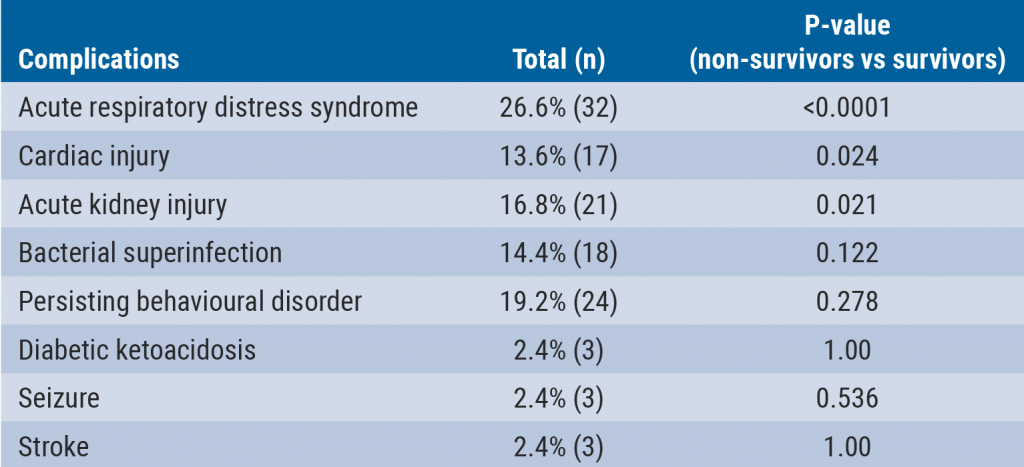https://doi.org/10.55788/91d5438e
According to Ms Jiayi Huang (University of Hong Kong, Hong Kong), the literature on the influence of statin use on the risk of new-onset AF-related adverse outcomes is inconclusive. Therefore, she and her colleagues evaluated whether statin use improves health outcomes in patients with non-valvular AF without a history of stroke or related complications [1]. Of the 51,472 included patients, 11,866 received statins after their first diagnosis of AF and 39,606 were not treated with these agents. The primary endpoints included ischaemic stroke and systemic embolism, haemorrhagic stroke, and transient ischaemic attack.
After a median follow-up of 5.1 years, prior treatment with statins was linked to a lower risk of ischaemic stroke/systemic embolism than non-use of statins (sub-distribution hazard ratio [SHR] 0.83; 95% CI 0.78–0.89). Likewise, the risk for haemorrhagic stroke (SHR 0.93) and transient ischaemic attack (SHR 0.85) appeared to be lower in participants who had been treated with statins. Furthermore, long-term use of these agents (≥6 years) resulted in a significantly reduced risk of these 3 endpoints compared with short-term use of statins (3 months to <2 years), with respective SHRs of 0.57, 0.56, and 0.58.
In conclusion, the current population-based study suggests that statin use is related to a reduced risk of cerebral adverse events in patients with AF, with a more pronounced effect on long-term users of these drugs.
- Huang J, et al. Association between statin use and new onset atrial fibrillation-related complications: A population-based study. Late-Breaking Science Day 2, EHRA 2023, 16–18 April, Barcelona, Spain.
Copyright ©2023 Medicom Medical Publishers
Posted on
Previous Article
« ANTWERP score selects HF patients for AF ablation Next Article
Can we identify patients who may not benefit from ICD therapy? »
« ANTWERP score selects HF patients for AF ablation Next Article
Can we identify patients who may not benefit from ICD therapy? »
Table of Contents: EHRA 2023
Featured articles
CEASE-AF meets primary endpoint in persistent AF
ANTWERP score selects HF patients for AF ablation
Ablation for Atrial Fibrillation
Surgery saves lives in patients with oesophageal fistula
MANIFEST-PF: Good results for the pentaspline PFA catheter
POWER FAST III: High-power, short-duration radiofrequency ablation for AF
High-power, short-duration ablation linked to a higher stroke risk
Early or delayed ablation for AF?
CEASE-AF meets primary endpoint in persistent AF
Promising results for Marshall Plan ablation strategy
Updates on Devices
Can ICD-EG-derived information improve ventricular tachycardia ablation outcomes?
Prolonged ECG monitoring detects relevant arrhythmias in HCM
Does adaptive pacing work in patients with HF, LBBB, and intact AV conduction?
Can we identify patients who may not benefit from ICD therapy?
Miscellaneous
Statins display benefits for AF patients in a large population-based study
ANTWERP score selects HF patients for AF ablation
Epicardial ablation successful in Brugada syndrome
Highly increased risk of arrhythmias after mechanical ventilation for COVID-19
Related Articles

August 18, 2021
Severe outcomes of COVID-19 in patients with dementia
© 2024 Medicom Medical Publishers. All rights reserved. Terms and Conditions | Privacy Policy
HEAD OFFICE
Laarderhoogtweg 25
1101 EB Amsterdam
The Netherlands
T: +31 85 4012 560
E: publishers@medicom-publishers.com

